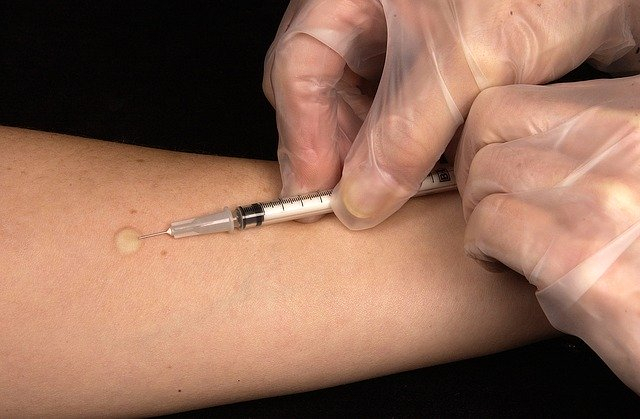There are several illnesses that cause death among children and among them, several forms of pneumonia contribute to these deaths significantly. However, in a study led by Murdoch Children's Research Institute (MCRI), scientists reported the effectiveness of a pneumococcal vaccine that protected children against the most severe form of pneumonia.
According to the researchers, the PCV13-vaccine reduced hypoxic pneumonia and pneumonia requiring oxygen support by 37 percent in children at a hospital in Laos. "These results provide a compelling argument to continue childhood PCV13 vaccination in Laos and for its introduction into similar countries with high death rates from pneumonia," said Dr. Cattram Nguyen, in a statement.
Leading Cause of Death among Children

Lower respiratory infections such as pneumonia are the leading cause of death among children below the age of five across the world. It causes nearly 800,000 deaths annually, concentrated mostly among low- and middle-income countries. The pathogen Streptococcus pneumoniae (pneumococcus) is attributed to over half of all pneumonia-related deaths in children below five years of age.
The role of pneumococcal vaccines in reducing severe outcomes of childhood pneumonia is known. However, no study conducted in Asia has measured the effectiveness of these vaccines until now. According to Dr. Nguyen, pneumonia had been a leading cause of childhood deaths in Laos. She added that the severest manifestations of the infection are the ones that require oxygen therapy.
Study In Children Below 5 Years of Age
The study enrolled 826 children up to the age of five, hospitalized due to pneumonia. Miraculously, the PCV13 vaccine was found to reduce hypoxic pneumonia by 37 percent among the children. Therefore, the findings of the study offered evidence that had previously been requested by the country's Ministry of Health about the benefits of the vaccine.

The study was conducted on children hospitalized with hypoxic and non-hypoxic pneumonia in a single hospital and they are evaluated for pneumococcal vaccination rates between the two groups to determine vaccine effectiveness over about four years.
Evaluating the Effectiveness of Vaccination
In 2013, the PCV13 vaccine had been introduced into Laos' national childhood vaccination program, which was supported by the public-private global health partnership—Gavi, the Vaccine Alliance. The ministry had sought data with regard to this. "Universal health care did not exist in Laos until recently, and supplementary oxygen treatment was prohibitively expensive for families," Dr. Nguyen said.
Fiona Russell, a professor at MCRI, said that Asian countries have not been prompt enough to introduce PCV13 within their national immunization programs. Russel explained that the study illustrates a simple and low-cost hospital-based method to evaluate the effectiveness of vaccine that is feasible for several low and middle-income countries to adopt.









